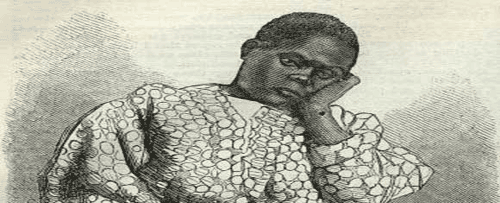Review Team for Cultural, Historical & Postcolonial

Allison Lingren

Kerry Dueker
Sample Essay:
Toni Morrison’s Beloved: Institutionalized Trauma, Selfhood, and Familial and Communal Structure

by Klay Baynar
|
Historical Approaches
Unlike New Criticism, Reader-Response, and Deconstruction critical perspectives, the following criticisms incorporate context in the study of literature. Contextual influence referenced can include the time it was written to the political circumstances under which it was written, influence of other cultures on the author, and culturally accepted beliefs and practices at the time.
Historical Criticism
Before the 1950s and the wide-spread popularity of New Criticism, Historical Criticism was the most accepted method of literary critique. Historical critics from the 1920s to the 1950s were most interested in the ‘facts’ and events that dealt directly with the piece of literature in question. Their belief was that knowing the historical context of a piece of literature could greatly expand the ways in which it could be interpreted; in fact, in some cases, history was and is the key to understanding the text, making it nearly incomprehensible when such information is absent.
New Historicism
New Historicism emerged in the late 1970s in response to those who were questioning the validity of old historical studies. Up until this point, it was assumed that history was a stable subject made up of data that was known to be true. However, many began to realize that because historical texts are filtered by whoever records the events, history cannot be considered an objective medium. Therefore, New Historicists are always skeptical of history and are cognizant of how history is dependent on literature. After all, literature is not only influenced by historical events; the course of history is influenced by literature.
Biographical Criticism
One final contextual perspective that falls under this category is Biographical Criticism, which proposes that the researcher learn as much as possible about the author’s life and the time in which he or she lived in order to examine the text. Both Biographical and Historical Criticism exemplify a symbiotic relationship between the author and the work: the author’s biographical information can illuminate certain aspects about the piece, and in turn, the writing may offer insight on the author’s life.
Postcolonial Criticism
Postcolonial Criticism studies the affect of the ideas and values of colonialism on the writing of both the imperialists and those under imperialistic rule. Literature can show the presence of assimilated thought in the writing of the colonized, and it can also present their resistance. Postcolonial Criticism seeks to uncover the ways in which the imperialistic power undermines the ‘other’ and exerts its power over the ‘other.’ After it has exerted its power, it rewrites the order of existence in the other country according to its imperial wishes. Evidence can be found outside of literature, as well, such in propaganda, private diaries, or advertisements.
Cultural Studies
Cultural Studies takes the ramifications of customs, traditions, and other aspects of society into consideration in the reading and interpretation of the work. This perspective requires that readers look outside of the traditional canon in order to expand their knowledge about the particular period and civilization they are concerned with. Like Postcolonialism, readers can and perhaps must include newspaper articles, political cartoons, popular music, in the like in their research. Marxist Criticism, a specific kind of cultural study, looks at the socio-economic context of a work from the point of view of both the author and the text. |
